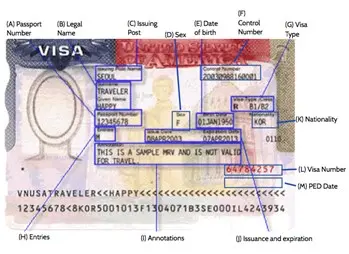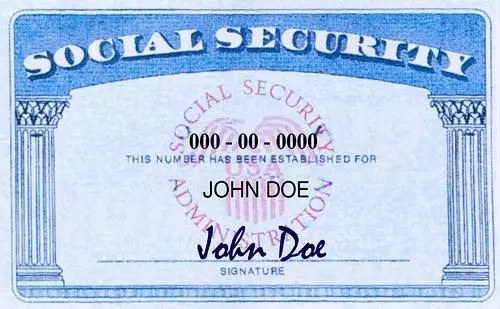The I-20 is a document that certifies your eligibility to be an international student in the United States. It contains important information regarding your status as an F-1 student, such as your name, major, and program end date.
Never throw away an old I-20! These are an official record of your time in the US pursuing a degree.
A travel endorsement is a DSO or PDSO signature on Page 2 of the I-20 that certifies you are eligible to return to the US for study after exiting the US to travel or visit home.
Travel endorsements are valid for one year after the date it was signed. If this signature expires while you are outside of the US, you may be denied entry back into the United States. Only an active DSO or PDSO can update this Travel Endorsement.
If you are traveling within the United States, your passport and I-20 are not required. However, you should always have color copies of both documents and your emergency contact information with you in case any problems arise.
Canada requires some nationalities to obtain a transit visa if you pass through or have a layover at a Canadian airport. Be sure to check http://www.cic.gc.ca/english/visit/index.asp before booking a flight through Toronto.







